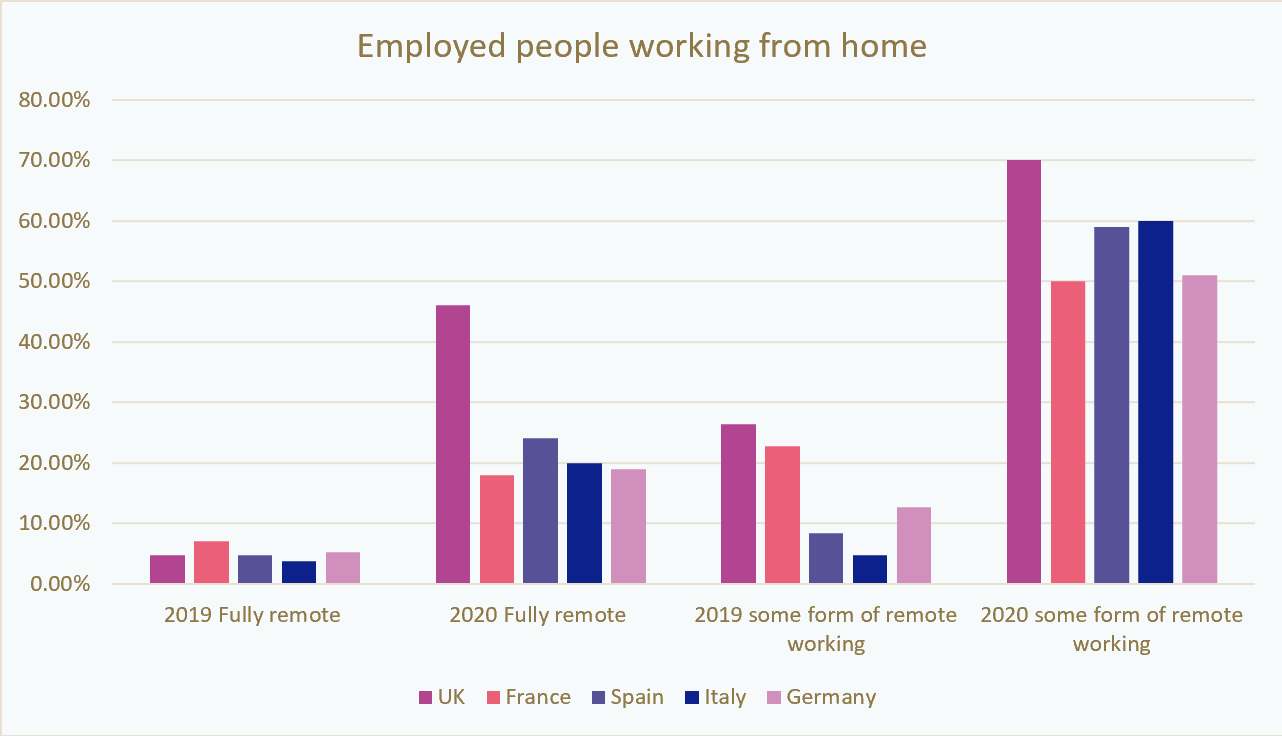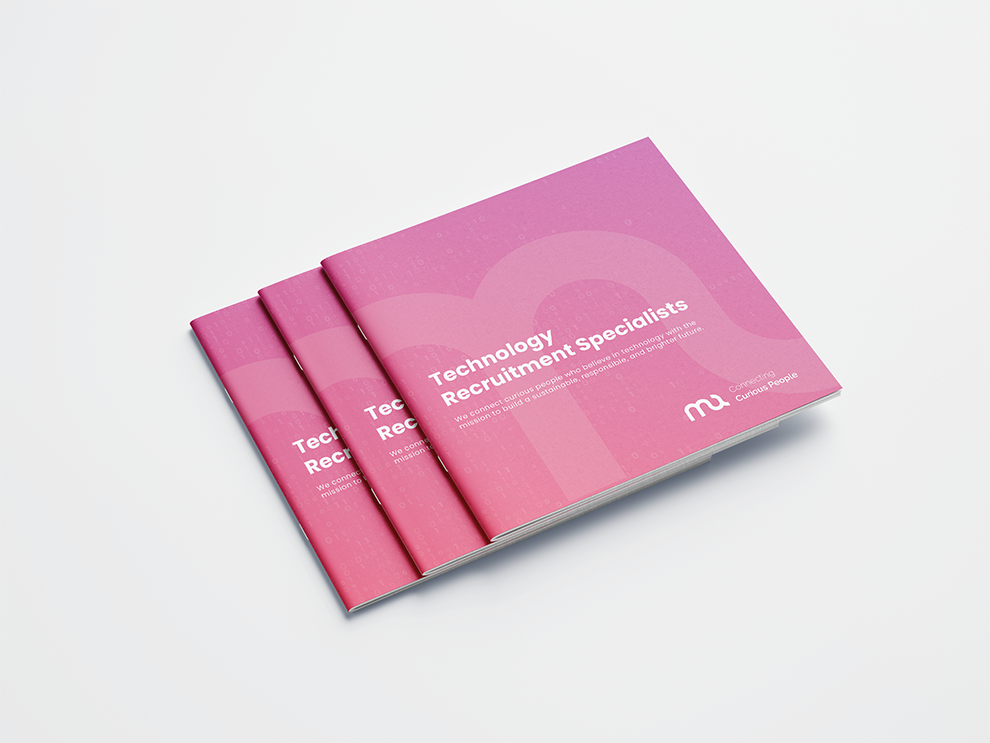Has the pandemic shown an opportunity to narrow the gender gap?
11 Mar, 20215 minIt’s surprising to look back at a time before COVID-19, where the likes of Google & Netf...

It’s surprising to look back at a time before COVID-19, where the likes of Google & Netflix were seen to be ‘ahead in the game’ in flexible working arrangements, with the majority of European countries still sceptical to provide their staff with the option to work from home or flex their working hours.
This previous lack of availability to flexible working unfortunately has played a huge part in the lack of gender equality we see in the workplace today, with working mothers often left with no option but to leave their jobs or reduce their hours to support their childcare needs. And for those mothers who continue to work, bias on working-mothers gets in their way of reaching senior positions or receiving promotions.
To put this into context, A government report last year found that almost a third of women in the UK with a child aged 14 or under had needed to cut their working hours because of childcare issues. For men, it was just one in 10. This worsens particularly in the tech industry, with Research by the National Centre for Women and Information Technology finding that 56% of women leave their jobs mid-career.
When the pandemic hit, however, companies had no choice but to have their staff work from home. A whole year has passed since, and there is no doubt about the effect it has had in changing the mindset of employers on flexible working. More and more employers are now sympathetic towards their employees with children and have seen parents being able to work flexibly across the day to suit their childcare (& part-time teacher) duties.
As a result, parents – and in particular, mothers - have seen a whole new side to the meaning of work-life balance, where they can spend much-needed quality time as a family, whilst maintaining productive and efficient with their employer.
With more than 9 in 10 working parents and carers wanting their workplace to retain flexible working post-COVID-19 (Source: Working families), could the pandemic have kick-started a major demand for organisations to provide a more accessible working-environment for women – and in turn – facilitate a level playing field for all working-mothers, parents and carers and narrow the gender gap?
Already, we are seeing a big shift in the number of employed people working from home across Europe – as you can see from the graph below, figures have more than doubled from 2019 with Italy & Spain being amongst those who have seen the biggest shift towards remote working environments.

Source: Statistica 2019,2020
Flexible and remote working can be one great solution that could contribute to enabling working mothers to pursue their career ambitions, receive higher salaries and maintain a better work-life balance. It can also mean that companies can look further afield geographically for talent and further equal the playing field for women.
But in order to start seeing an impact on improving equality, companies need to start acting now to introduce or enhance their flexible working policies and improve the benefits offered around childcare support. Organisations cannot afford not to put actions in place now, otherwise, we risk falling right back into the way we were working before making no progress towards gender equality.
Most importantly, this needs to be available across all business levels. Don’t wait for demands from your employers – show your commitment to closing the gender gap and providing equal opportunities at all levels.
The statistics speak for themselves on the attractiveness towards an employer for women, with a staggering 88% of women surveyed by women in tech saying they would be drawn towards an organisation that speaks openly about diversity.
We are really excited to hear that CIPD has launched its Flex From 1st campaign to encourage employers to support flexible working for all – calling for a change to UK law to make flexible working requests a day-one right for all employees. At present, UK law states that employees can only request work flexibility after 26 weeks of employment, with a limit of one request per 12 months.
MA support this campaign to make requesting #flexibleWorking a day one right and have already put in place our flexible working policy for all employees as of 2021. We are also proud to offer 16 weeks of 100% paid parental leave for all primary carers.
We hope others can get behind this campaign and make a change for good.



